Stevia is not considered an artificial sweetener. It is derived from the leaves of the stevia plant (Stevia rebaudiana), which is native to South America. The active compounds that give stevia its sweetness are called steviol glycosides, primarily stevioside and rebaudioside A.
Here are a few key points about stevia:
Natural Origin: Stevia is a natural sweetener, harvested from a plant, unlike artificial sweeteners like aspartame, saccharin, or sucralose, which are synthesized chemically.Safety: Both the U.S. Food and Drug Administration (FDA) and the European Food Safety Authority (EFSA) have approved certain steviol glycosides as food additives.Caloric Content: Stevia is much sweeter than sugar but has very few calories, making it a popular choice for those watching their caloric intake or managing conditions like diabetes.Taste Profile: While pure stevia extract is very sweet, some people find that it has a slightly bitter aftertaste, which can vary depending on the specific product and the type of steviol glycosides used.
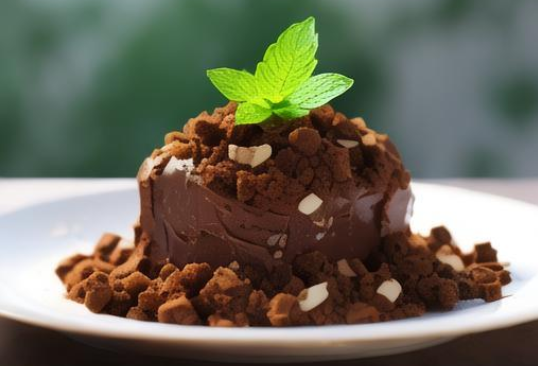
In summary, stevia is a natural sweetener, not an artificial one, and it is generally recognized as safe when used within the acceptable daily intake levels established by regulatory agencies.
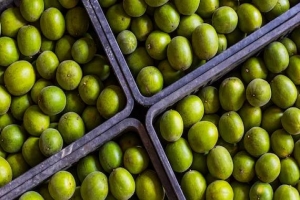 The regulation of Monk Fruit Extract (also known as Luo Han Guo extract) varies across different cou
The regulation of Monk Fruit Extract (also known as Luo Han Guo extract) varies across different cou
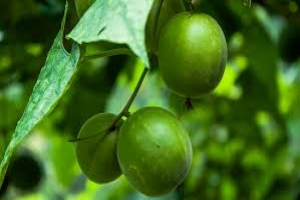 Health Canada Approves Monk Fruit Extract as a Natural Sweetener
Health Canada Approves Monk Fruit Extract as a Natural Sweetener
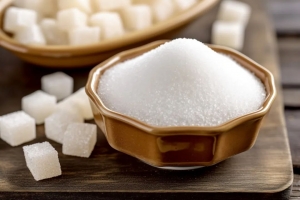 New Breakthrough in Allulose: A Healthier Sugar Alternative Gains Momentum
New Breakthrough in Allulose: A Healthier Sugar Alternative Gains Momentum
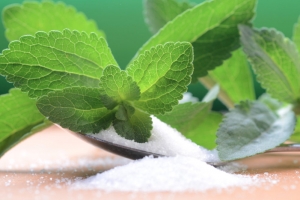 Understanding Reb-M: The Benefits of a Next-Generation Sweetener
Understanding Reb-M: The Benefits of a Next-Generation Sweetener